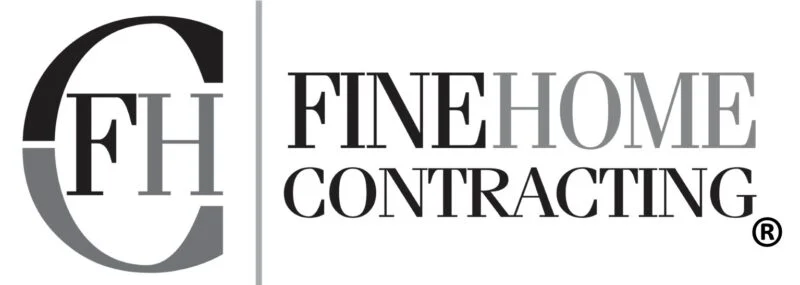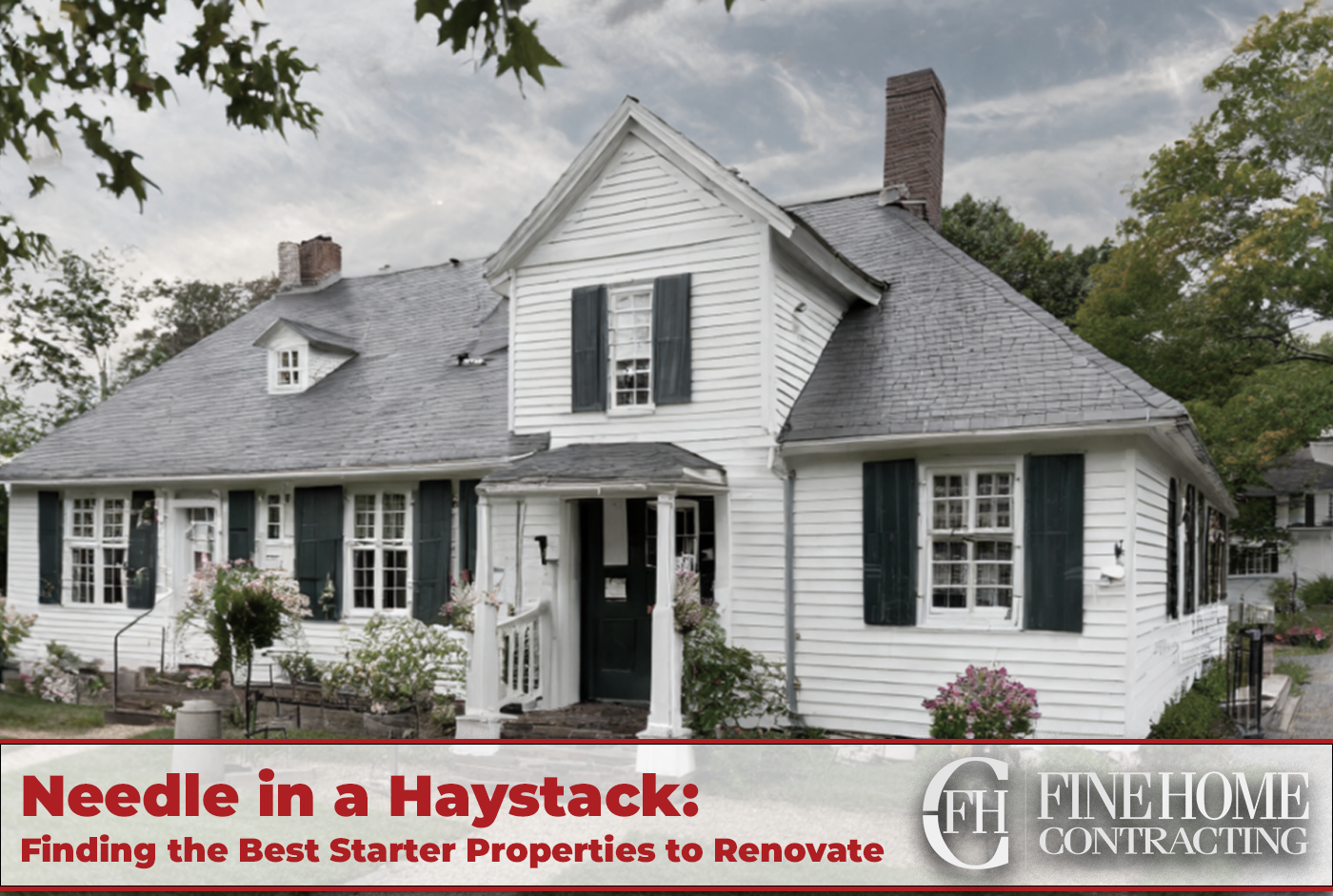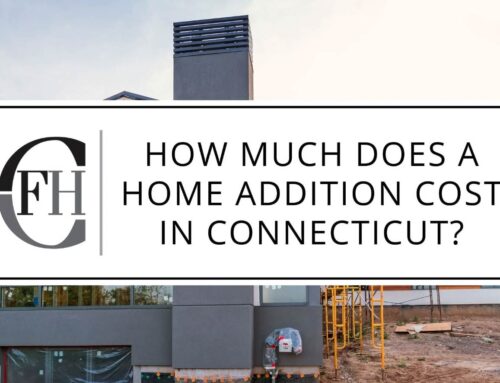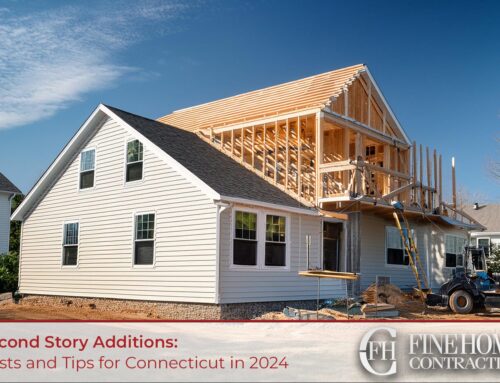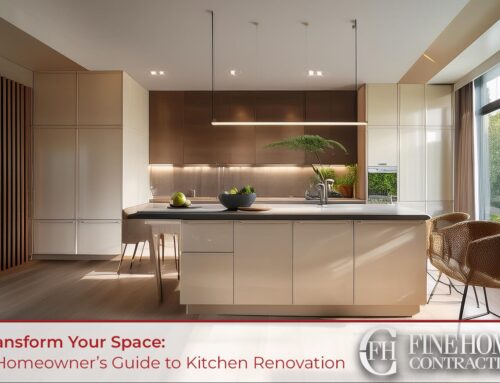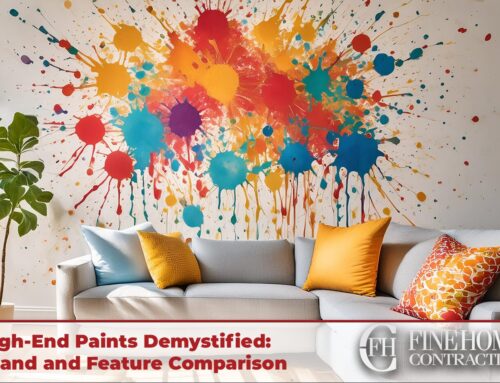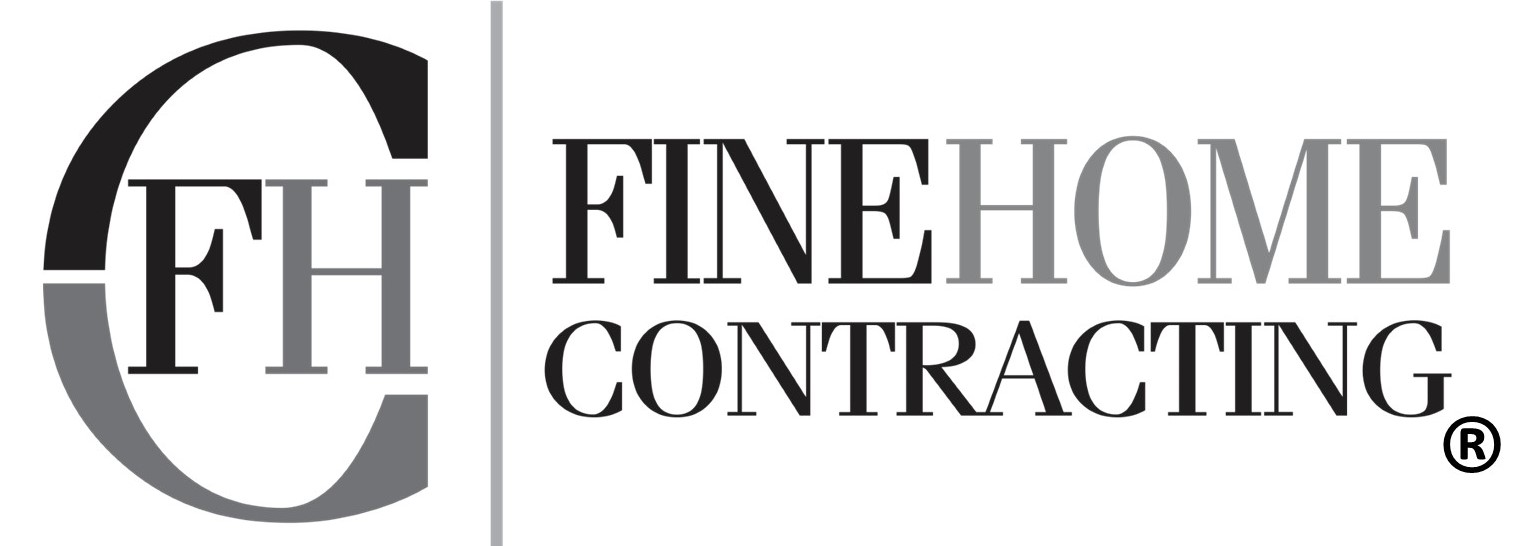Purchasing your first home is an exciting milestone, and for many first-time homeowners, the idea of a starter property that requires some renovation can be an appealing option. This comprehensive guide will assist you in navigating the process of finding the perfect starter property to renovate and create your dream first home.
The Adventure Begins
Understanding Starter Properties
Starter properties are typically more affordable homes that may require some level of renovation or cosmetic updates. These homes offer first-time homeowners an entry point into the world of homeownership. By investing your effort and creativity, you can transform them into your dream home. Finding the ideal starter home is a compromise between picking a home that has your entire wish-list of features, and finding one that is within your budget and able to be renovated into your ideal home. Looking for a starter home with renovation in mind, and a reliable contractor at your side, is often your best bet for winding up in a quality home for less money out of pocket than purchasing a new build.
The Advantages of Renovation
Choosing a starter property with renovation potential offers several advantages. Not only can it be more budget-friendly, but it also provides an opportunity to build equity and create a living space that truly reflects your personal style. It’s an investment in your home, your family, and your future.
The main draw of renovating a starter property rather than buying a new build is the level of customization: Whether you’re focusing on remodeling a kitchen and bathroom, or the entire home, renovating at move-in saves the extra expenses associated with storing your furniture, finding accommodations while remodeling takes place, and overall tends to be more convenient than remodeling a home you already live in.
Remodeling at move-in is also a great chance for an inspector and contractor to take a second look over the property, and ensure any issues not noticed at sale are able to be raised with your realtor.
Finding Your Ideal Starter Property
Setting Your Budget
Your journey begins with establishing a realistic budget. Understanding how much you can comfortably afford for both the purchase and renovation costs is crucial. It will guide your property search and ensure you stay within your financial limits.
Working with Real Estate Professionals
The expertise of a qualified real estate agent can be invaluable. Seek out a professional who specializes in starter properties. They possess in-depth knowledge about the local real estate market and can help you find properties that match your criteria. A realtor’s help goes further than finding properties: Their knowledge of local services, building departments, and trends is one of the best assets in your arsenal for both your property search and remodel. Working with a realtor that is familiar with starter homes and renovation loans like FHA203(k)s and Homestyles makes it more likely that your realtor will have useful connections and information for you.
Mortgage Pre-Approval
Consider obtaining mortgage pre-approval to understand the loan amount you qualify for. This knowledge empowers you to make informed decisions when searching for the right starter property.
Consider other loan options such as FHA203k and Homestyle renovation loans, which allow you to wrap the costs of your renovation and home purchase into one loan.
Understanding FHA 203(k) Loans and Lender-Financed Remodels
FHA 203(k) loans are an excellent financing option for those looking to purchase and renovate a property in need of repair or updates. They are government-backed loans offered by the Federal Housing Administration (FHA) and provide borrowers with the necessary funds to both purchase and renovate a property within a single mortgage. These loans are particularly beneficial for first-time homeowners or those who may not have substantial savings for a down payment and renovation costs.
FHA 203(k) loans open the door to a broader range of properties, allowing borrowers to consider homes that might otherwise be overlooked. This financing option can be a game-changer for those looking to create their ideal living space while maintaining financial flexibility.
The Benefits of FHA 203(k) Loans
One of the primary advantages of FHA 203(k) loans is that they simplify the homebuying and renovation process. They offer the convenience of a single loan that covers both the property purchase and renovation expenses. This can save borrowers time and money by eliminating the need for separate loans or additional financing arrangements.
Properties That Qualify for FHA 203(k) Loans
FHA 203(k) loans are available for a range of properties, including single-family homes, multifamily properties with up to four units, and condominiums. These properties may require various levels of renovation, from minor cosmetic upgrades to more extensive structural repairs. It’s essential to consult with an FHA-approved lender to determine whether a specific property qualifies for this type of loan. Additionally, the property must meet standard FHA eligibility criteria.
Evaluating Potential Properties
Property Condition
When considering starter properties, evaluate their condition. Look for homes that require mainly cosmetic upgrades rather than major structural work. This approach will save you both time and money.
Location Matters
The location of your starter property significantly impacts your daily life and its future value. Is it situated in a desirable neighborhood? Is it close to schools, shopping, and other essential amenities? Take the time to assess its convenience and potential for growth.
It’s worth keeping in mind that while a less-attractive home in a nicer neighborhood might seem like a great deal, houses that do not match the neighborhood or otherwise stand apart tend to be more difficult to sell down the road. Likewise, an overly-renovated luxury home in a bad neighborhood may not be able to attract buyers at the wanted price-point due to the location.
Potential for Improvement
Assess the property’s potential for improvement. Does it offer enough space to accommodate your current and future needs after renovations? Seek out properties with “good bones” that allow for value-adding upgrades.
Inspect for Hidden Issues
Before making an offer, consider having a professional inspection conducted. This will help uncover any hidden issues or structural concerns that may not be immediately apparent.
Navigating the Renovation
DIY vs. Professional Help
Determine your level of involvement in the renovation process. Are you skilled in DIY projects, or do you prefer to hire professionals for major work? This decision will influence your renovation budget and timeline.
Understanding Legal Requirements
Before commencing any renovation work, make sure you understand local building codes and permit requirements. Compliance is essential to prevent legal complications in the future. Consult with local authorities or a legal expert if needed.
Design Your Dream Space
As you plan the renovation, consider the design elements that resonate with your vision. Seek inspiration from magazines, websites, or even consult with an interior designer to create a plan that aligns with your personal style. Working with an interior designer familiar with 203ks is a great option to consider, as they will already be familiar with the unique pricing requirements of FHA loans.
Financing Your Project
Exploring Mortgage Options
Explore various mortgage options that can cover both the property purchase and renovation costs. FHA 203(k) loans, for instance, can be a valuable resource for first-time homeowners. These loans provide the necessary funds to purchase and renovate the property within a single mortgage.
Setting a Contingency Fund
Always include a contingency fund in your renovation budget. Unforeseen issues can arise during renovations, and having extra funds set aside will help you tackle these challenges with ease.
Energy Efficiency Upgrades
Consider incorporating energy-efficient upgrades during the renovation. These improvements can lower your long-term operating costs and enhance the property’s value.
Important Starter Home Terms:
CHFA Loan (Connecticut Housing Finance Authority Loan): A CHFA loan is a mortgage program provided by the Connecticut Housing Finance Authority. It offers various financing options, including low-interest loans, down payment assistance, and special programs designed to make homeownership more accessible to residents in Connecticut.
FHA203(k) Loan (Federal Housing Administration 203(k) Loan): An FHA203(k) loan is a specialized mortgage program insured by the Federal Housing Administration. It allows homebuyers to purchase a property in need of repairs or renovations and finance both the purchase and the renovation costs within a single loan.
Homestyle Loan: A Homestyle loan, often referred to as a Fannie Mae Homestyle Renovation Loan, is a conventional mortgage program that enables homebuyers to purchase a property and finance renovation or improvement expenses. This loan offers flexibility for home improvements, making it a popular choice for those who want to customize their new home.
Down Payment Assistance: Down payment assistance refers to financial support or programs designed to help homebuyers cover the initial down payment required for a home purchase. These programs can include grants, low-interest loans, or other forms of financial aid, making homeownership more affordable and accessible for buyers with limited funds.
FAQ
Typically, a down payment for a starter home in Connecticut ranges from 3.5% to 20% of the home’s purchase price, depending on the type of loan and your financial situation.
Yes, Connecticut offers various programs and incentives, such as CHFA loans and down payment assistance, to help first-time buyers afford their starter homes.
The cost of a starter house in Connecticut can vary greatly depending on location, size, and condition. On average, you can expect to find starter homes in a range from $150,000 to $300,000, but prices may be higher in some areas.
The most effective approach to affording a starter house in 2023 involves a multi-faceted strategy. Consider utilizing FHA loans, particularly beneficial for first-time buyers, with lower down payments and more flexible credit requirements. In Connecticut, explore CHFA loans and down payment assistance programs offered by the Connecticut Housing Finance Authority. For properties needing renovation, FHA 203(k) loans are a viable choice, allowing you to finance both the purchase and improvements. Financially, create a detailed budget, work on boosting your credit score, and consider government programs that offer grants or low-interest loans. Additionally, explore affordable areas, engage in homebuyer education, and consult with financial experts for comprehensive planning. Be patient and prioritize finding a property that aligns with your financial goals.
While the terms are sometimes used interchangeably, starter properties are typically more budget-friendly, whereas fixer-uppers may require more extensive renovations.
